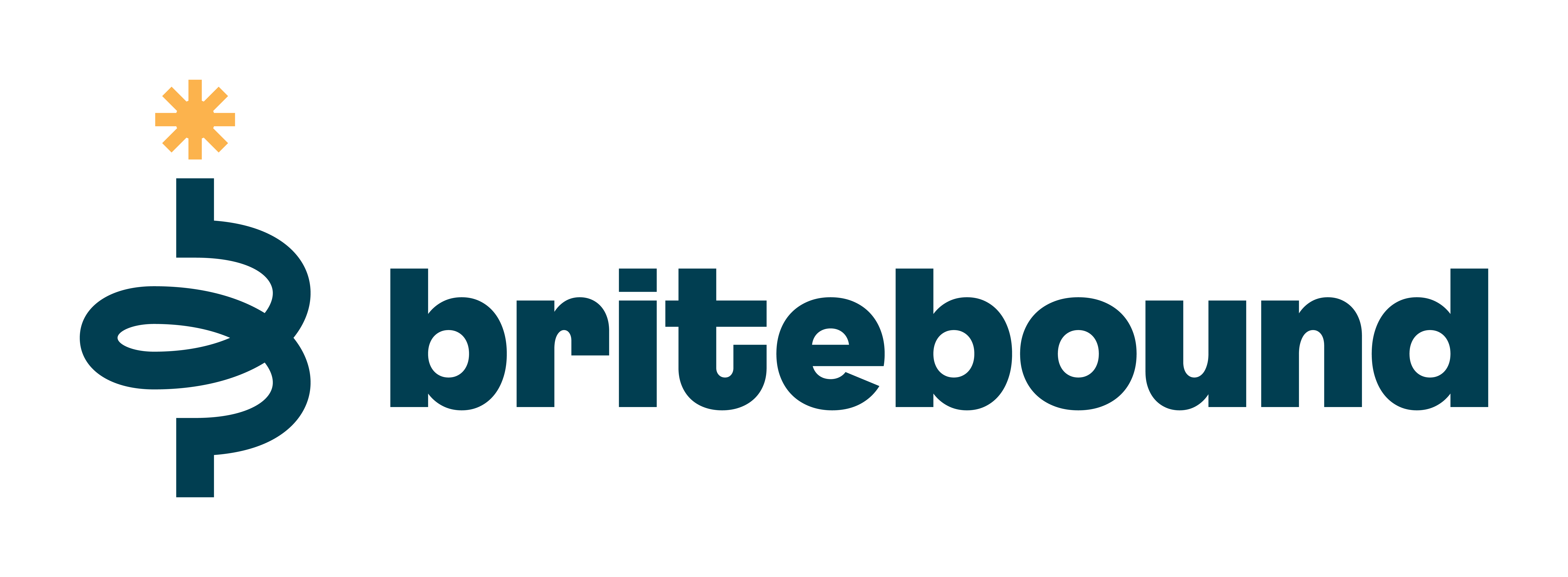Dive Summary:
- While many states are pushing for online schools, officials in Maine, New Jersey, Pennsylvania, North Carolina, Tennessee and Florida assert that aspects of the schools are completely unacceptable, including, but not limited to, the employment of unlicensed teachers, outsized contracts, poor performance and high turnover rates.
- Enrollment in such schools is growing fast, with approximately 1.8 million students taking at least one online class for credit.
- Concerns over the quality of virtual schools have led advocates of online learning to admit that there needs to be more accountability and less emphasis on profit if the schools plan on being a long-term solution to the ongoing education dilemma in the country.
From the article:
"Virtual public schools, which allow students to take all their classes online, have exploded in popularity across the United States, offering what supporters view as innovative and affordable alternatives to the conventional classroom.
Now a backlash is building among public officials and educators who question whether the cyber-schools are truly making the grade.
In Maine, New Jersey and North Carolina, officials have refused to allow new cyber-schools to open this year, citing concerns about poor academic performance, high rates of student turnover and funding models that appear to put private-sector profits ahead of student achievement. ..."





 Dive Awards
Dive Awards







